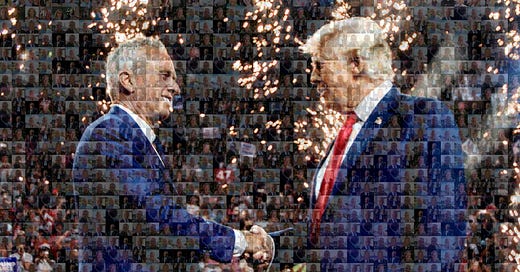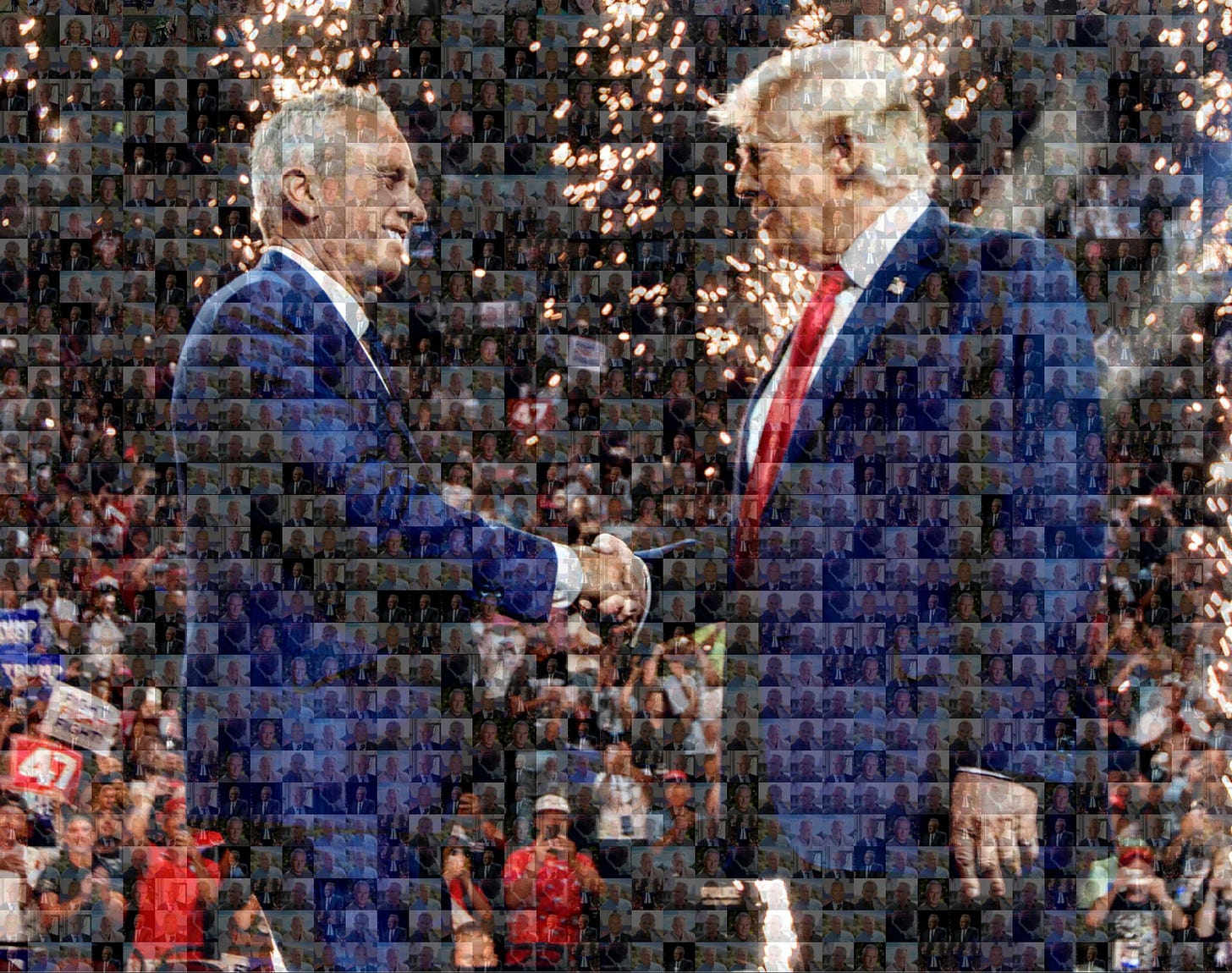How Did the Presidential Race Change in July 2024?
Well, the political bingo card went wild in July 2024. On July 13th, an assassin tried to shoot Donald Trump at a rally in Butler, Pennsylvania. President Trump was struck in the ear after just magically moving his head according to a video reply. He fell to the ground covered by Secret Service personnel…




